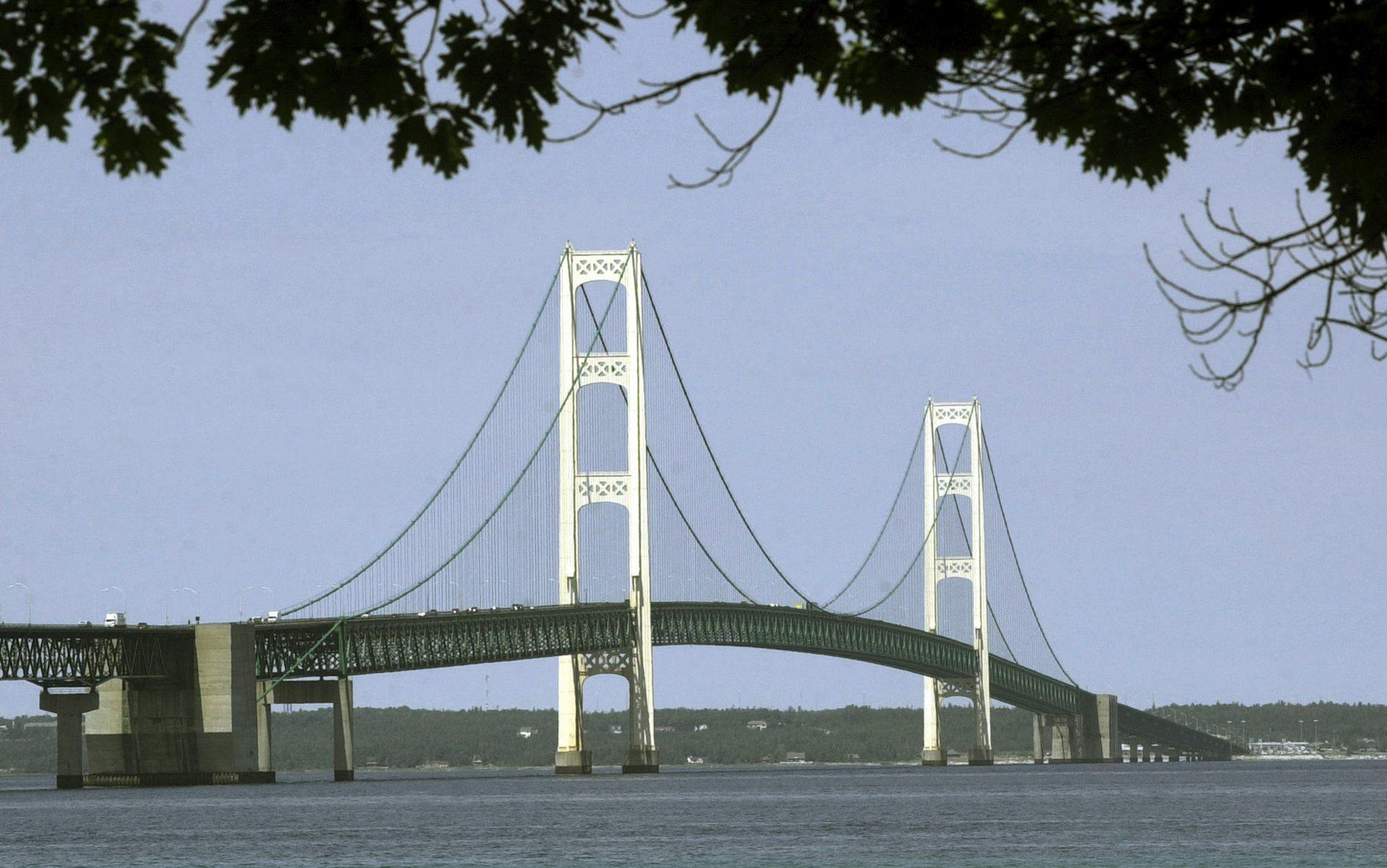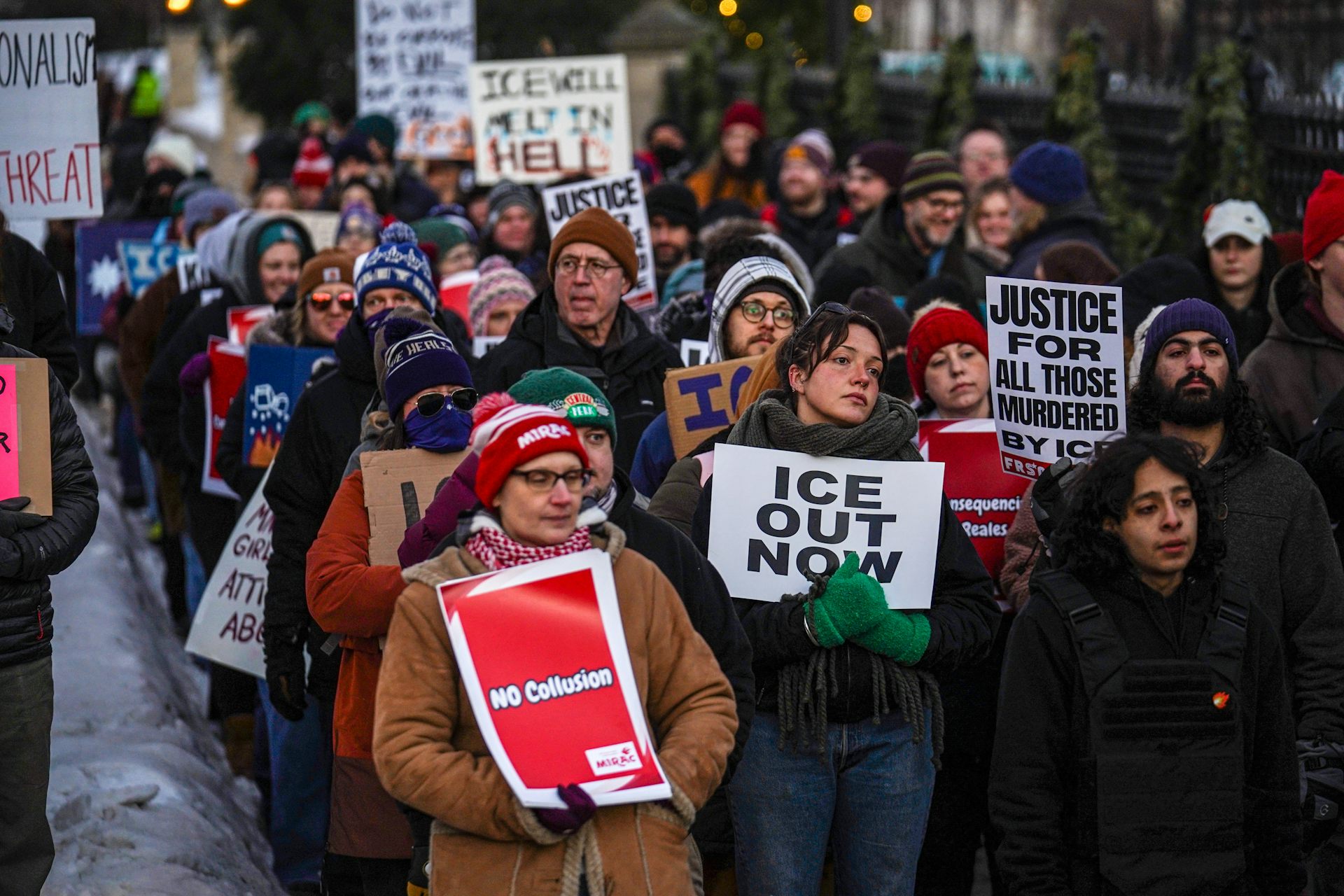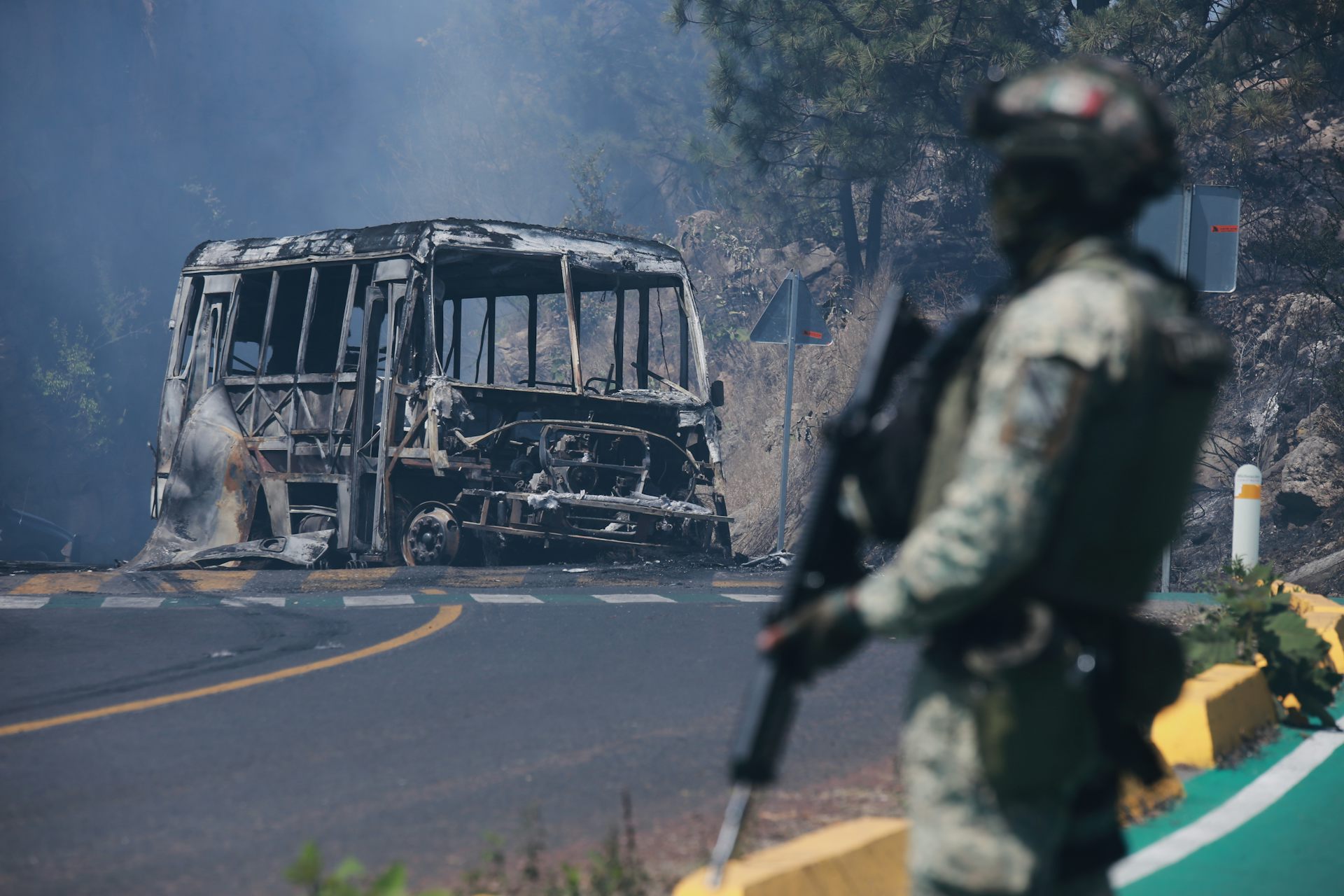Trump's friendly meeting with Putin further blurs US-Russia relations
A foreign policy expert takes a look at how the exchange went down.

It emerged early this morning: a few seconds of grainy footage showing U.S. President Donald Trump shaking hands with Russian President Vladimir Putin at the G-20 summit in Hamburg, Germany.
Trump, the taller man, stoops to meet Putin on equal terms. He pats him repeatedly on the elbow, and then on the back.
Later, as they sat side-by-side in matching cream-colored chairs, Trump called it “an honor” to meet Putin. The Russian president noted that they had talked on the telephone several times, but that talking on the telephone is never enough. An interesting choice of words, given Putin’s disconcerting habit of leaking the private conversations of foreign leaders.
So what can we learn about their relationship and the future of U.S.-Russia relations from this single meeting?
Hidden planning
They talked for more than two hours, far longer than the scheduled half hour. According to a briefing given later in the afternoon by Secretary of State Rex Tillerson, they discussed Syria, Ukraine, terrorism and cybersecurity, including “interference in the democratic processes” of the U.S. and other countries. And Tillerson announced that the U.S., Russia and Jordan have agreed to a ceasefire in Southwest Syria between the regime of Syrian President Bashar al-Assad and opposition forces.
This was a substantial agenda, made to seem more impressive by clever expectations setting and misdirection undertaken by administration officials in advance of the meeting.
The official announcement of the ceasefire was held back so that the meeting would have a “deliverable.” However, the Associated Press gave the game away by reporting the deal while Trump and Putin were still talking.
Before the meeting, White House officials had also told the press that Trump would not raise cybersecurity with Putin. But according to Tillerson, he did so repeatedly and forcefully, although Russian Foreign Minister Lavrov suggests Trump was accommodating toward Putin’s protestations of innocence.
And National Security Advisor H.R. McMaster had made an alarming suggestion that Trump would simply walk into the room and improvise an agenda. Instead, he seems to have had substantial discussions on many of the key topics in the U.S.-Russia relationship.
Clashing interests, friendly leaders
Often in foreign policy, clashing interests between countries leads to clashing leaders. This was true of Putin and Obama, but not of Putin and Trump. While many analysts of international relations downplay the role of leadership, the chemistry between Trump and Putin will play a central role in shaping the near-term prospects for the U.S. - Russia relationship. As a scholar of political leadership, I’ve seen how important personality can be in the conduct of diplomacy.
Putin and Trump have consistently spoken warmly of each other. Both are tacticians, not strategists. Trump is often described as driven by the news cycle, seeking to capture the day’s headlines whatever the cost. Putin too is an opportunist, good at keeping opponents off balance but with only a vague sense of long-term goals.
Both disdain detail. Trump’s preparatory materials for his meeting with Putin were reportedly written in “tweet-length sentences.” Putin, too, is impatient with homework. When he was president, George W. Bush found him “uninformed,” and likened negotiations with him to “arguing with an eighth-grader with his facts wrong.”
Both embrace a clash of civilizations view of international affairs. For example, Trump framed his speech in Poland around whether the West has “the will to survive.” He made an appeal for the unapologetic trumpeting of “Western values.”
And yet the “Western values” Trump has in mind are very different from those articulated by G20 host Angela Merkel, Chancellor of Germany. Where she talks of an interconnected world, Trump champions a nationalism based on military and economic strength. He has a deep suspicion of institutions like NATO and the European Union.
This suits Putin. He, too, is suspicious of of the international institutions the United States helped build in the second half of the 20th century. He has consistently argued that the United States and the Russian Federation share an interest in defeating so-called radical Islamist terrorism. And he has described his wars in Chechnya, and later in Syria, as conflicts between civilization and barbarism.
Even though the U.S. and Russia have significantly divergent interests, and the U.S. has a serious grievance over Russian interference in the 2016 presidential election, the common worldview and compatible personalities of their leaders make improved relations possible.
What next for Trump-Putin?
In his meeting with Putin, Trump will have sought to assess how much credit he has in the bank with the Russian leader. Can he and Putin work together to convert the partial cease-fire into a durable solution to the Syrian civil war, defeat the Islamic State and bring pressure to bear on North Korea to halt its nuclear program?
Putin, who regards reading people as one of his greatest skills, will have measured Trump. Trump’s words must sound good, but what do they signify? Is Trump able to carry forward an agenda that Putin finds amenable? Or is he so lacking in focus that his tweets and speeches and press conferences are verbiage disconnected from the process of government?
Further, is Trump promising a pro-Putin policy that will be impossible to implement if he is hemmed in on Russia by the Senate and public opinion?
Stephen Benedict Dyson does not work for, consult, own shares in or receive funding from any company or organisation that would benefit from this article, and has disclosed no relevant affiliations beyond the academic appointment above.
Read These Next
Honoring Colorado’s Black History requires taking the time to tell stories that make us think twice
This year marks the 150th birthday of Colorado and is a chance to examine the state’s history.
When civil rights protesters are killed, some deaths – generally those of white people – resonate mo
From the civil rights era of the 1960s until today, white victims of government violence have received…
Supreme Court’s Michigan pipeline case is about Native rights and fossil fuels, not just technical l
The issue in front of the US Supreme Court is seemingly mundane, about federal or state jurisdiction.…






